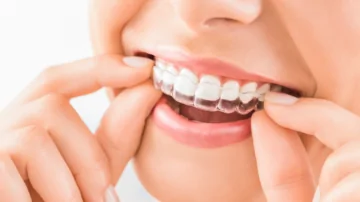Your Smile, Your Beauty
Book an appointmentYour Smile, Your Beauty
Book an appointment
IDC. Clinic
IDC.Clinic offers various specialties in the areas of dentistry, aesthetics and hair, using high quality materials and techniques, as well as different protocols, to ensure the best results and the satisfaction of our patients. Thinking of your comfort, care and well-being, our clinics were designed with spaces of excellence and equipped with the best technology.
Testimonials
Blog
In our blog, we share knowledge and guidance for a healthier and happier life.




